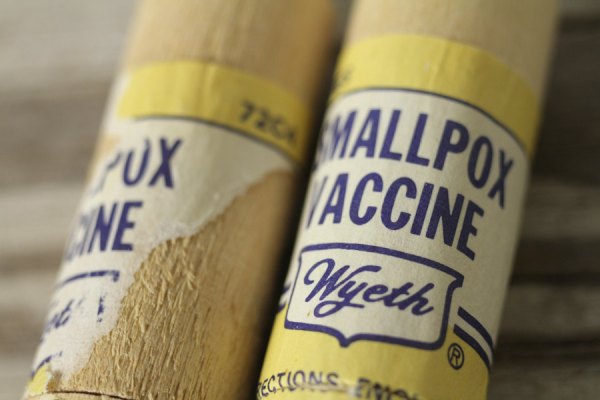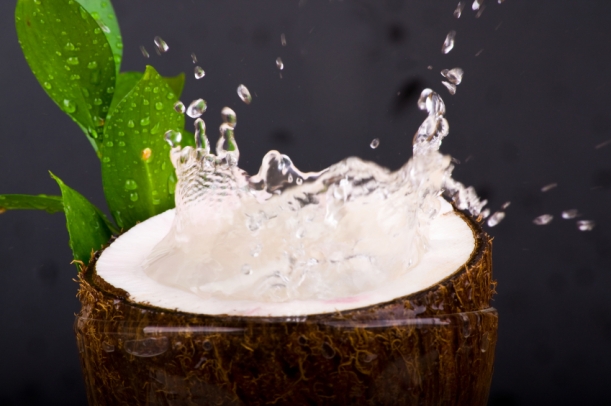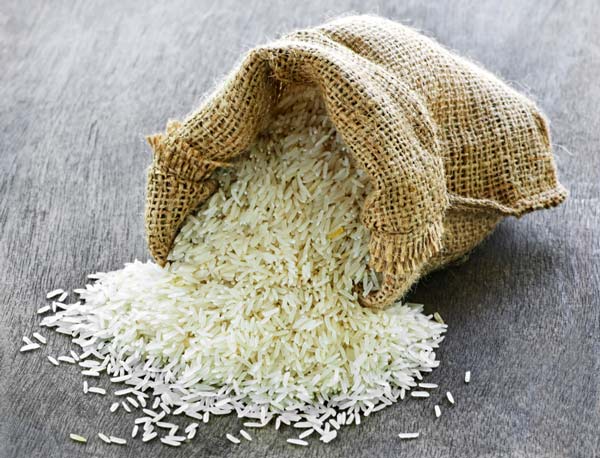Hundreds of years of scientific thought and the lives of some of the worlds most intelligent laureates have been dedicated to prolonging human life. Vaccines were a milestone in this effort. Like Thomas Edison’s creation of the light bulb – just as we are not lighting candles and moping around in the dark, we are also not dying of measles, mumps, rubella, smallpox, chickenpox anymore.
Vaccines have everything to do with this achievement. In fact, the smallpox vaccine worked so well that it doesn’t exist anymore. Unfortunately, we still contend with many other diseases. Honestly… we really do. Have you ever seen someone afflicted by Polio? In the last five years I’ve met two adults who survived Polio with lifelong consequences. A few countries in Africa and the Middle East remain Polio endemic.
If enough people refuse vaccines we will begin to see outbreaks of some of these preventable disease right here in the USA. Oh… wait. We already have. Think measles aren’t a big deal? Well, it still kills about 1,000,000 children each year in developing countries. A million. It’s also the leading cause of blindness in children in Africa. And recent outbreaks due to vaccine refusal include other illness too: Pertussis (particularly in California), Mumps, Hepatitis A, B… it goes on.
Think you’re safe via herd immunity? Some people assume that since everyone else is vaccinated, they are safe from the disease. Well, that’s just irresponsible – both socially and for the individual. Until a communicable disease has been completely eradicated, it remains a threat. Keep in mind that outbreaks primarily affect those who cannot be vaccinated (newborns and the immune compromised) and those with declining immune systems (elderly).
Despite all of the lives saved, vaccines are constantly facing controversy and criticism; Continue reading



